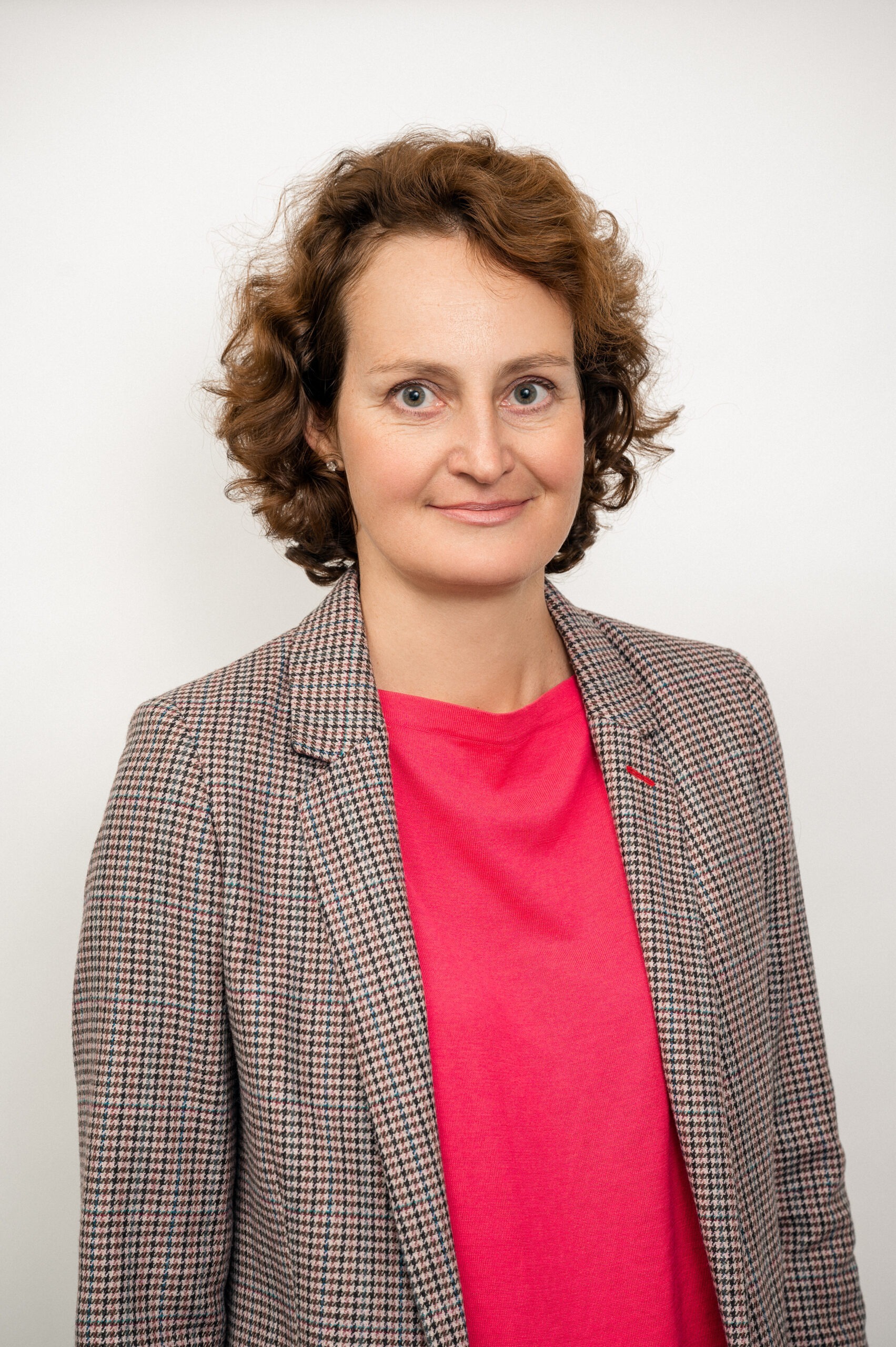The project, led by Nordic Council of Ministers Office in Latvia in close cooperation with the Nordic Council of Ministers offices in Lithuania and Estonia, comes at a time when new textile waste related regulations are about to come into effect. By 2025 all EU member states will be required to separately collect used household textiles for reuse or recycling.
The new initiative builds on the project “Towards a Nordic-Baltic circular textile system” carried out between 2018 and 2020, which aimed to highlight the Nordic-Baltic region as a textile ecosystem, enhance knowledge related to the prevention and reduction of textile waste in the Baltics and increase the region’s capacity in textile waste management.
Nordic countries have been at the forefront of the EU in terms of textile ecosystem innovation, scientific research and the development of solutions and technologies, with the Baltic states playing an important part in the wider regional context. Although the Nordic-Baltic region is witnessing dynamic progress in sustainable fashion and textile, the new project is intended to amplify and further develop strategic cooperation on textile circularity in the region and strengthen the region’s position in the EU textile ecosystem and the global context.
The project will focus on engagement of stakeholders across the Nordic-Baltic textile ecosystem and sharing deep knowledge on the matter, which will be used to compile a guidance document for the industry and stakeholders towards more strategic cooperation. Project partners in the Baltics are Dace Akule, expert in sustainability and textiles, representing Green Liberty (Latvia); Dr. Kerli Kant Hvass, Founder of Revaluate (Estonia) and Assistant Professor in Circular Economy at the Aalborg University (Denmark), and Viktorija Nausėdė, Founder of Looptex (Lithuania).
The project will be running throughout the year 2025.






